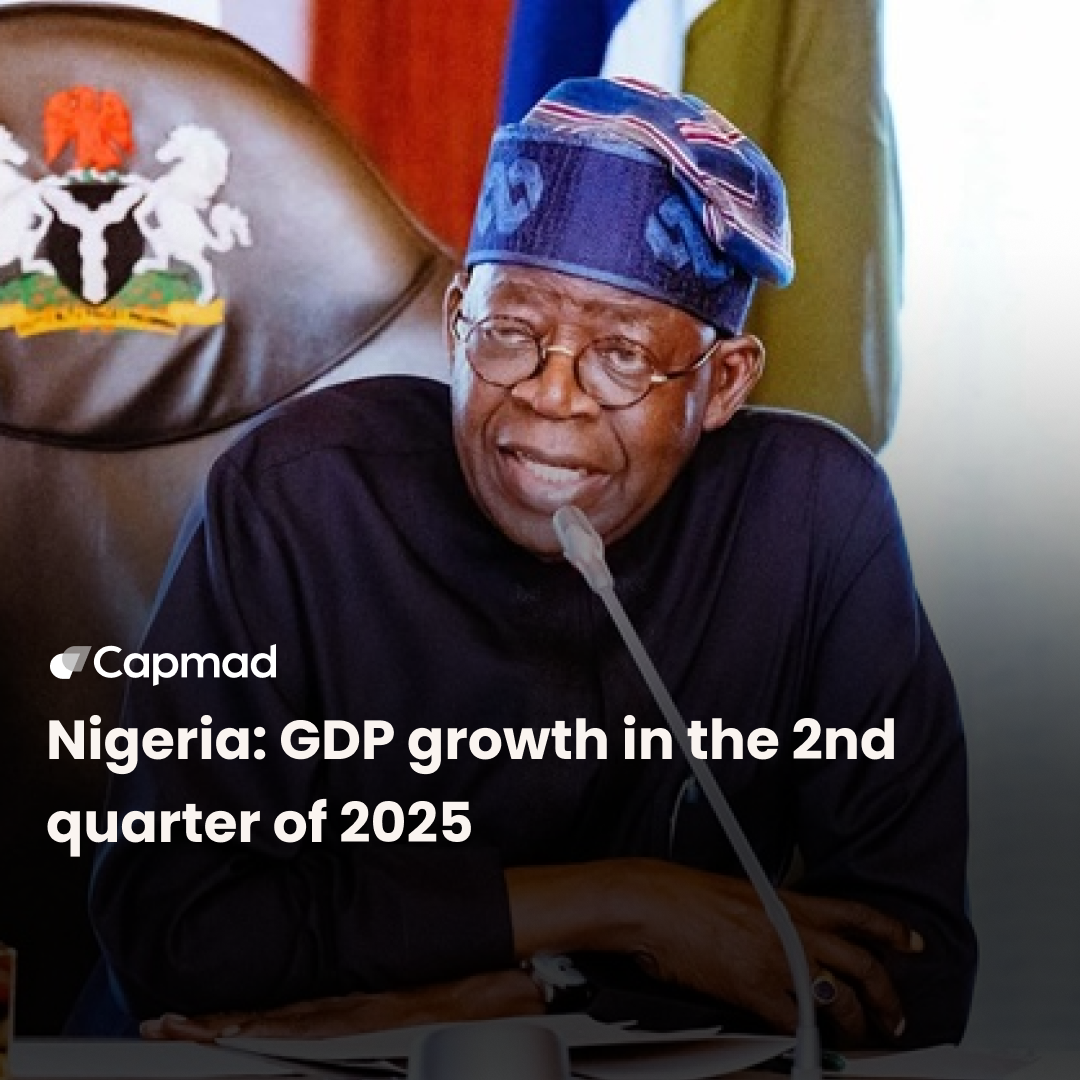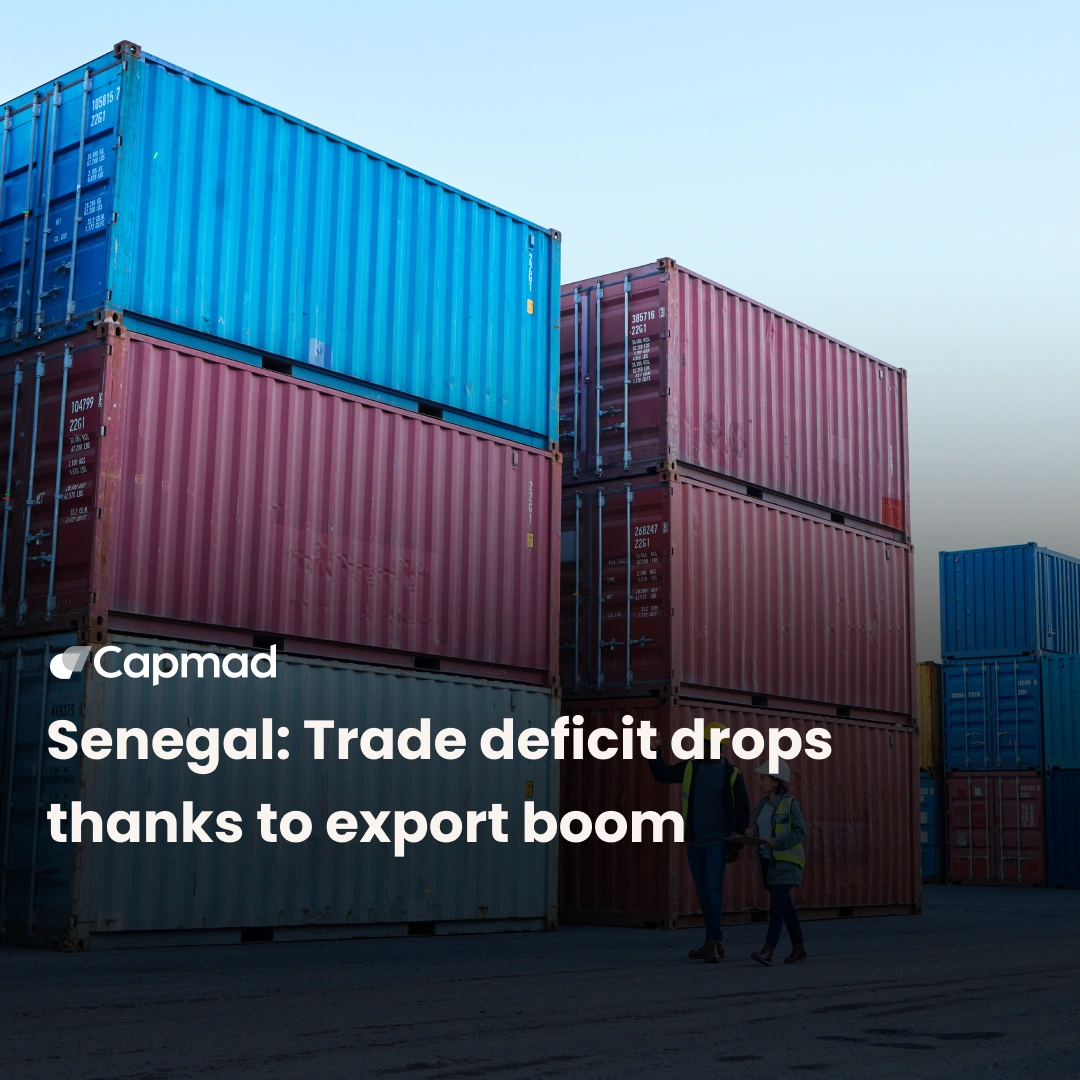France’s public debt has reached a record level, amounting to 3,345.8 billion EUR at the end of the first quarter of 2025, or 114% of the country’s gross domestic product (GDP). This increase represents a rise of 40.5 billion EUR in just three months, following a more moderate growth of 3.8 billion in the last quarter of 2024.
A rapidly growing debt despite budgetary efforts
The French government faces a complex budgetary situation, with public debt continuing to grow rapidly. This increase is mainly due to the state’s contribution, whose debt rose by 36.7 billion EUR in the first quarter of 2025 after a decline in the previous quarter. The debt of social security administrations also increased by 3.3 billion EUR, while local public administrations’ debt grew by 600 million EUR.
A tense economic and political context
This situation occurs amid a difficult context marked by the failure of pension reform negotiations and the threat of a government censure motion by the left. The government is preparing the 2026 budget, aiming to control expenditures, notably through an “alert committee” tasked with assessing risks to public finances.
France, the second-largest economy in the eurozone, has the worst public deficit in the area (5.8% of GDP in 2024) and aims to reduce it below the European threshold of 3% by 2029.
One of the highest public debts in Europe
At 114% of GDP, France’s public debt is the third highest in the European Union, behind Greece and Italy. This debt has been fueled by several successive crises: financial, health-related, and inflationary. For comparison, it was only 57.8% of GDP at the end of the 1990s.
Perspectives and Challenges Ahead
The government plans significant budgetary efforts, with a gradual reduction of the public deficit to 5.4% of GDP in 2025 and then 4.6% in 2026, aiming to meet the medium-term European target. However, the rising cost of debt, which has become the largest budget expenditure, complicates public finance management. Authorities must therefore balance deficit reduction, spending control, and investment maintenance in an uncertain economic environment.
This record increase in France’s public debt highlights the major challenges the country faces to ensure the sustainability of its public finances in the coming years.






